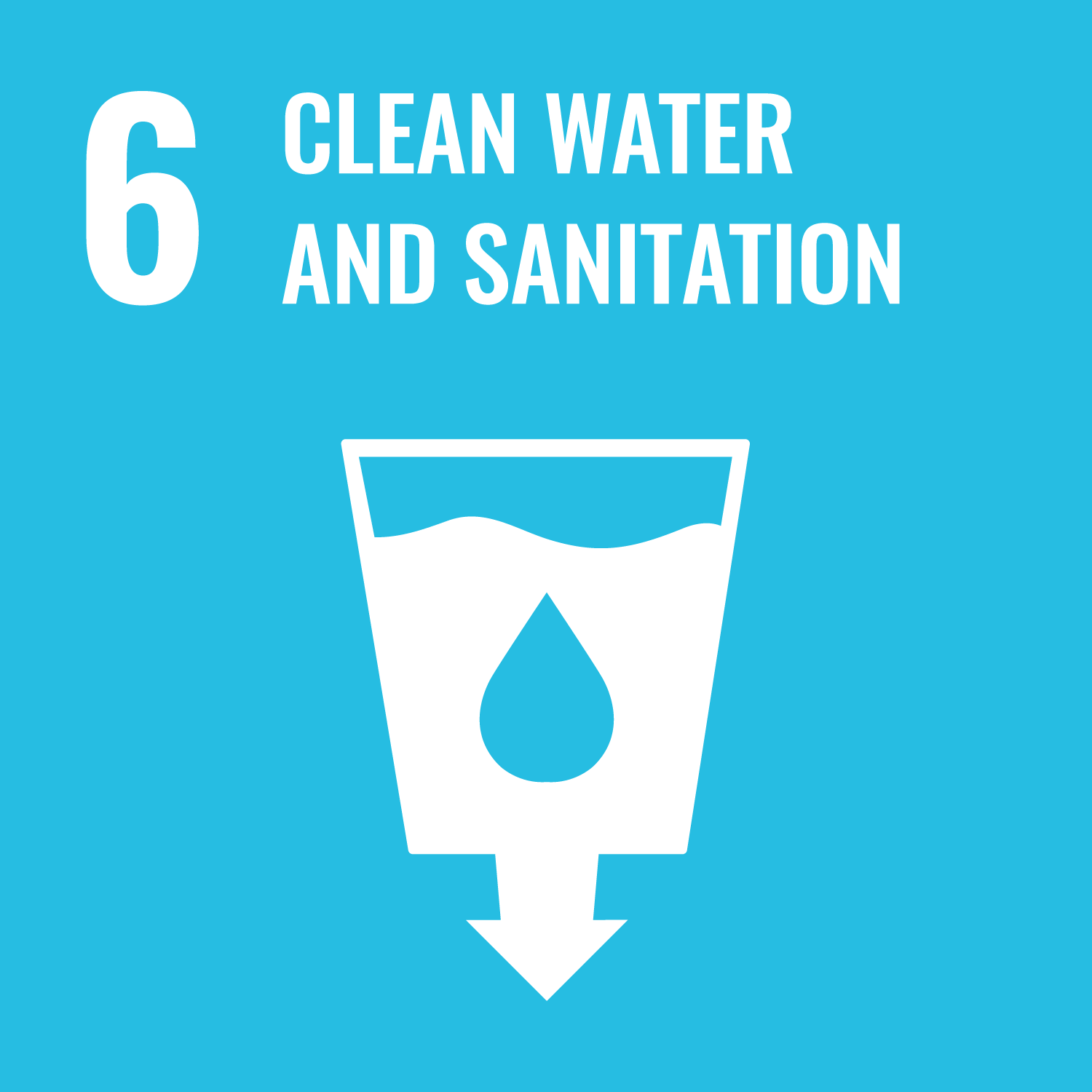Development of new energy materials and devices to substituted traditional energy which contributing to global warming has
become an important issue for every country in the world. For enabling graduate students to understand current and future
energy challenges, acquire skills for selecting materials and manufacturing processes in the design of the devices/components
required for renewable energy, energy management, and energy harvesting technology, this course provides important physical
and chemical principles for new energy technologies as well as extensive knowledge on new energy materials and devices, such
as, solar energy, hydrogen and fuel cell, thermoelectric, power battery for electric vehicle and others new energy devices.
It is important not only to achieve the optimum material selection, but also to make comprehensive judgments such as the low
energy of electronics in devices and the adoption of environmentally friendly technology in material processing.
The course provides an opportunity for students to gain understanding the importance and necessity of development new energy
and materials. The course will build a bridge between new energy material and devices application based on specialize knowledge
on material science and chemistry and physics.
- Student should be able to gain understanding the characteristics of various kinds of new energy, energy policies of developed countries and advantages of new energies.
- Student should be able to gain understanding the basic working principles, new energy materials, devices structure and application routes.
- Student should be able to gain understanding the development history, importance of new energy material and device in our daily life and future world.
| Class schedule | HW assignments (Including preparation and review of the class.) | Amount of Time Required | |
|---|---|---|---|
| 1. | Introduction to new energy materials and devices | 新エネルギー材料とデバイス開発の必要性 | 30minutes |
| 2. | Solar energy materials: photovoltaic I | 太陽電池のメカニズム | 30minutes |
| 3. | Solar energy materials: photovoltaic II | 高い太陽光変換効率を持ち材料の物性特徴 | 30minutes |
| 4. | Solar energy materials: solar thermal | 太陽熱利用の特徴 | 30minutes |
| 5. | Light Emitting Diode | 発光ダイオードの材料特徴 | 30minutes |
| 6. | Li-ion battery | Liイオン電池の未来 | 28minutes |
| 7. | midterm exam | 全般的な復習 | 60minutes |
| 8. | Hydrogen and Fuel cell | 燃料電池の操作メカニズム | 30minutes |
| 9. | Thermoelectric effects and Thermoelectric materials | 熱電材料のメリット | 30minutes |
| 10. | Thermoelectric materials and properties, devices and applications | 熱電材料の種類及び合成方法 | 30minutes |
| 11. | Power battery for electric vehicles | 電気自動車の将来 | 30minutes |
| 12. | Other new energy devices | 授業紹介した内容以上の新エネルギー材料調査 | 60minutes |
| 13. | Literature investigation and oral presentations by students (I) | 全体的知識復習 | 120minutes |
| 14. | Literature investigation and oral presentations by students (II) | 授業で学んだ知識を利用して、新エネルギー材料デイバスに関する新しい発想を構築 | 60minutes |
| Total. | - | - | 598minutes |
| 50 | 50 | Total. | |
|---|---|---|---|
| 1. | 10% | 10% | 20% |
| 2. | 20% | 20% | 40% |
| 3. | 20% | 20% | 40% |
| Total. | 50% | 50% | - |
The students will be evaluated based on their: midterm exam, activity during the class (presentation and discussion) will
contribute40% of the grade,final exam will contribute 60% of the grade. Students need at least 60% of the full score to pass
this course.
1.Introduction to Materials for advanced Energy systems, Colin Tong, Springer Nature Switzerland AG 2019.
2. Thermoelectrics handbook, Edited by D.M. Rowe, Published in 2006 by CRC Press Taylor & Francis Group, ISBN 0-8493-2264-2.
3. Materials Science for Solar Energy Conversion Systems, Edited by C.G. Granqvist, Published in 1991 by Pergamon, ISBN-0-08-040937-7.
- By appointment. Contact e-mail address:miaolei@shibaura-it.ac.jp
- Course that cultivates an ability for utilizing knowledge
- Course that cultivates a basic problem-solving skills
| Work experience | Work experience and relevance to the course content if applicable |
|---|---|
| N/A | 該当しない |




- 6.CLEAN WATER AND SANITATION
- 7.AFFORDABLE AND CLEAN ENERGY
- 9.INDUSTRY, INNOVATION AND INFRASTRUCTURE
- 13.CLIMATE ACTION
Last modified : Tue Mar 30 04:05:46 JST 2021
